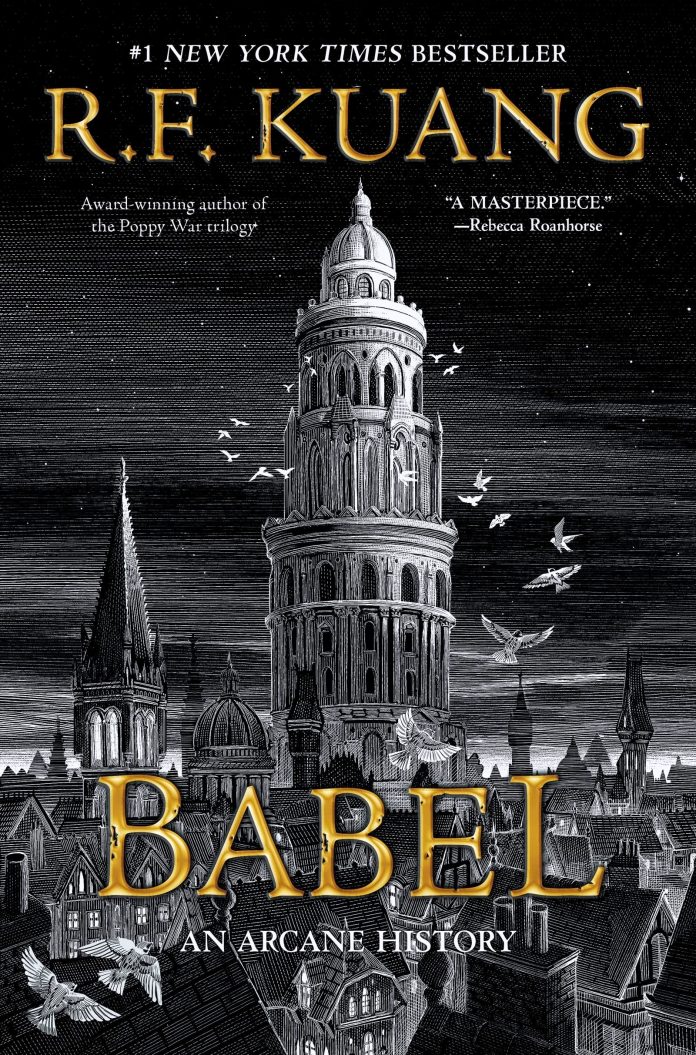Ian Clark, Hull Socialist Party
A stunning dystopian fantasy about the power of language and the evils of imperialism and the violence of colonialism, Babel is set in an alternative history of 19th century Britain in which the Industrial Revolution is driven through a kind of magical use of language combined with silver.
Cleverly entwined with actual historical events, designed to both shock and educate the reader, the story follows a group of Oxford University students torn from the colonial world and their families for their abilities. However, despite living a fairly privileged if exploited life, they soon become disillusioned because of their experiences of racism, exclusion and the horrors of the class system. They begin to rebel. Full of intrigue and betrayal, the novel gets darker and more violent as it progresses. Building towards revolution, and towards the end of the book, the working class finally enters the scene with a general strike.
Many Marxists would probably pick holes in the way the struggle develops, and become frustrated with the minor role allotted to the working class, as well as the fact that the question of them taking power through the strike is not raised. Although the evils of imperialism and industrial capitalism are laid bare, the emphasis in the novel is on withholding or destroying the source of ‘magic’ rather than changing society. The link between capitalism and imperialism is never really made. However, it is a work of fiction, and an absolutely entertaining educating, thought-provoking, very dark masterpiece it is.








